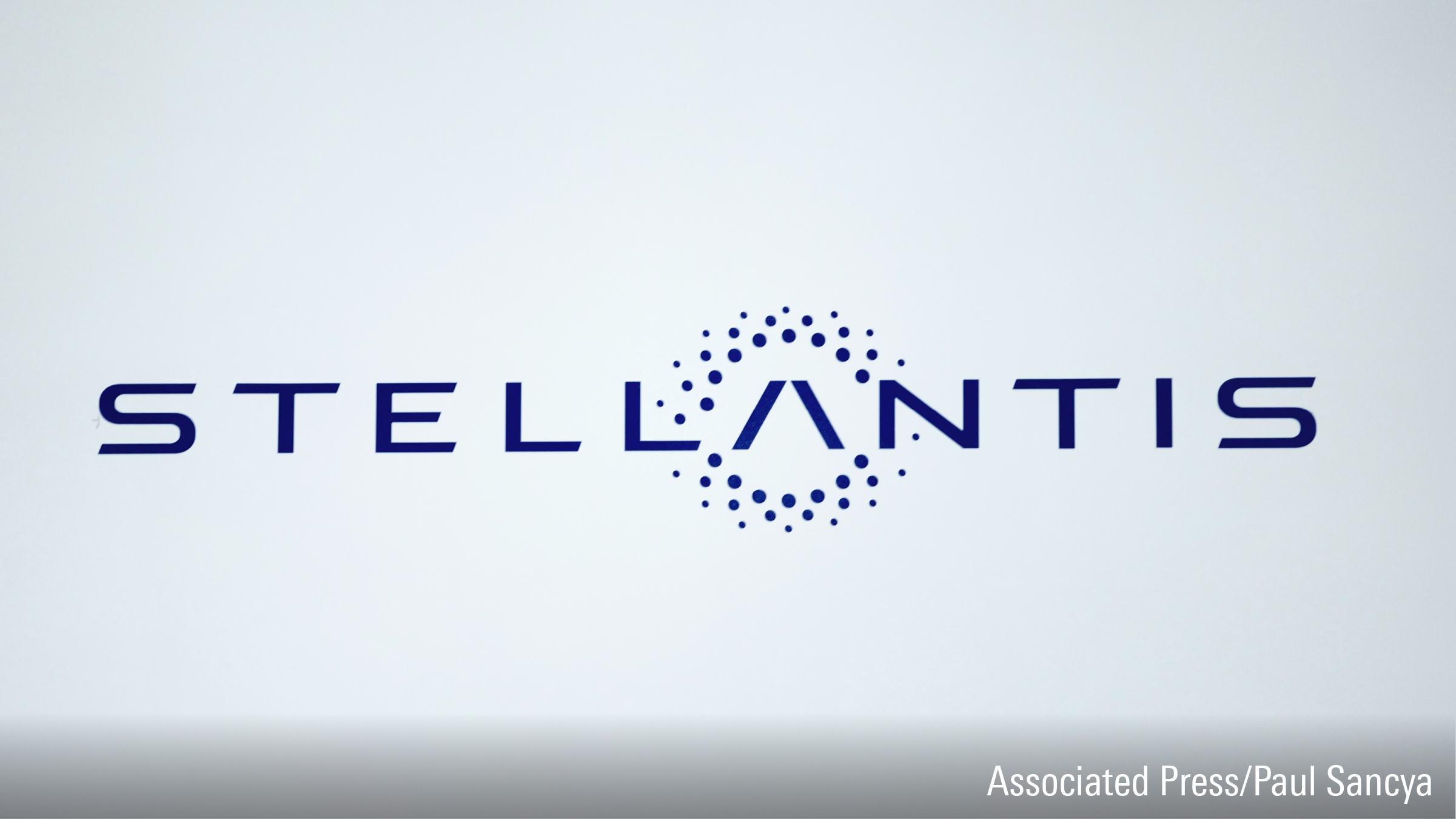
New funds are being launched all the time, and the ever-expanding choice means it's often increasingly difficult for investors to pick a fund that lines up with their beliefs. When it comes to environmental, social and corporate governance (ESG) investing, we need to be confident that not only will the fund we pick deliver decent returns but it will invest in the types of assets we expect.
To help investors navigate this space, Morningstar has launched a new tool. The ESG Commitment Level identifies the best-in-class funds in the context of ESG investing, while highlighting those which are subpar in their approach to ESG investing.
“Morningstar manager research analysts produce their analysis for the benefit of investors, advisers and institutions,” says Jeffrey Ptak, head of global manager research at Morningstar. He explains that Morningstar "is committed to the principle of independence” and does not charge asset managers to produce the Morningstar ESG Commitment Level, nor does it permit asset managers to commission it.
The Morningstar ESG Commitment Level differs significantly from the Morningstar Analyst Rating for funds in that it is focused purely on the ESG capabilities of a fund and its parent company, and does not assess the future performance prospects for an investment.
How to Use Morningstar Tools
Investors can use the ESG Commitment Level and Analyst Ratings in tandem to help identify investment strategies with the characteristics that best suit their needs. Here, we have looked at some UK-domiciled open-ended funds with a high Morningstar Analyst Rating and ESG Commitment Level Rating:
| Fund | Morningstar Analyst Rating | ESG Commitment Level |
| Royal London Sustainable Div | Bronze | Advanced |
| Royal London Sust'ble World | Bronze | Advanced |
| Royal London Sust'ble Leaders | Bronze | Advanced |
| PIMCO GIS Global Bond | Silver | Basic |
| RLBF II Royal Ldn Ethical Bond | Bronze | Basic |
| Vanguard SRI European Stock | Gold | Basic |
The Morningstar ESG Commitment is expressed on a four tier scale running from best to worst: Leader, Advanced, Basic, and Low. To be considered Advanced, funds need to sit just below the ones that earn the Leader designation, but that Morningstar still considers to be among the best ESG offerings that we cover.
“Funds should incorporate ESG analysis into the investment process to a significant degree and in multiple respects and have a sound engagement and proxy voting program,” explains Ptak. They should also be backed by an asset management firm that earns an ESG Commitment Level of at least Basic from Morningstar analyst.
In this table the ESG Commitment Level of three of the funds is classified as Advanced. The trio are all run by Royal London and by fund manager Mike Fox. The Bronze-rated Royal London Sustainable Diversified has produced a three-year annualised return of 10%, some 7.5 percentage points ahead of its Morningstar Category average.
Morningstar analyst Rajesh Yadav likes that Fox is supported by an experienced and respected team that “is well-versed in the sustainable lens employed in the fund”. He says: “Fox looks to invest in companies that deliver a net benefit to society in terms of the products and services they provide or that show leadership in ESG management on the equities side.” Top holdings in the fund include British inspection and product testing company Intertek Group (ITRK), which has a one-star rating, and three-star rated AstraZeneca (AZN), which together occupy 4% of the portfolio.
The Bronze-rated Royal London Sustainable World and Royal London Sustainable Leaders funds have also had a strong run, producing annualised returns of 14.3% and 8.9% respectively over the past three years.
In the table other three funds make a less-lucky appearance – the Silver-Rated PIMCO GIS Global Bond, the Bronze-Rated Royal London Ethical Bond and the Gold-Rated Vanguard SRI European Stock – being defined just as ‘basic’. The designation means these funds offer a degree of ESG incorporation that distinguishes them from strategies with no or poor incorporation, but they are lacking in at least one key aspect.
“They may, for example, not have strong ESG investment personnel or data, or ESG criteria may not be well incorporated into their investment processes,” explains Ptak. “Fund that simply exclude a few basic areas or otherwise implement lighter touch ESG processes would likely land here in the absence of other clear strengths.”




























